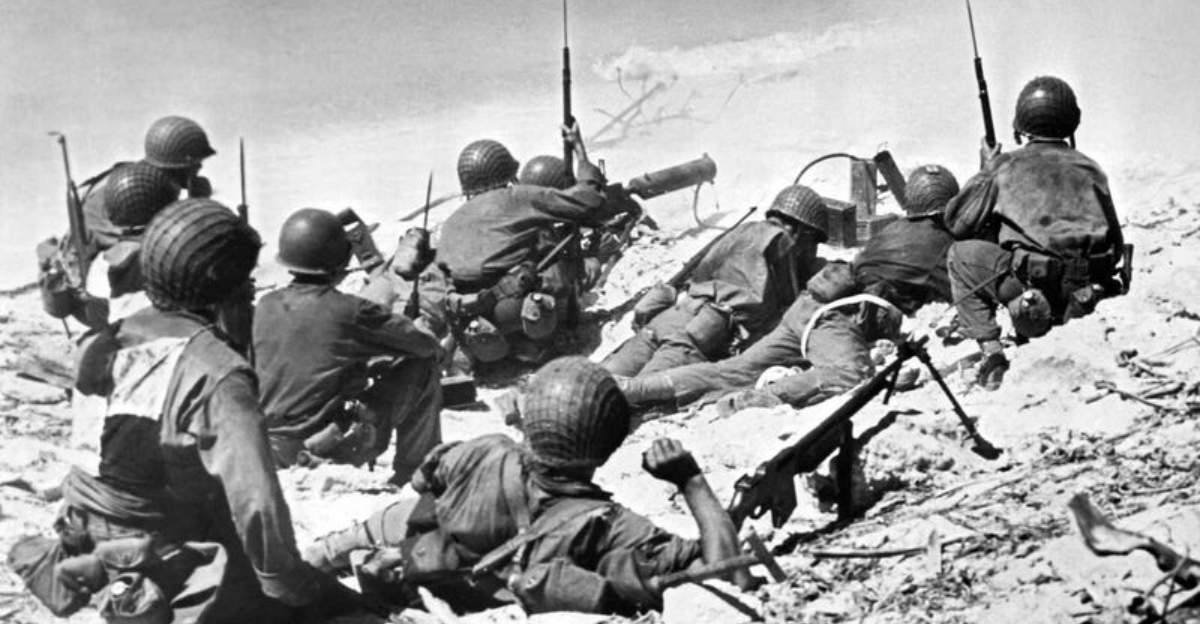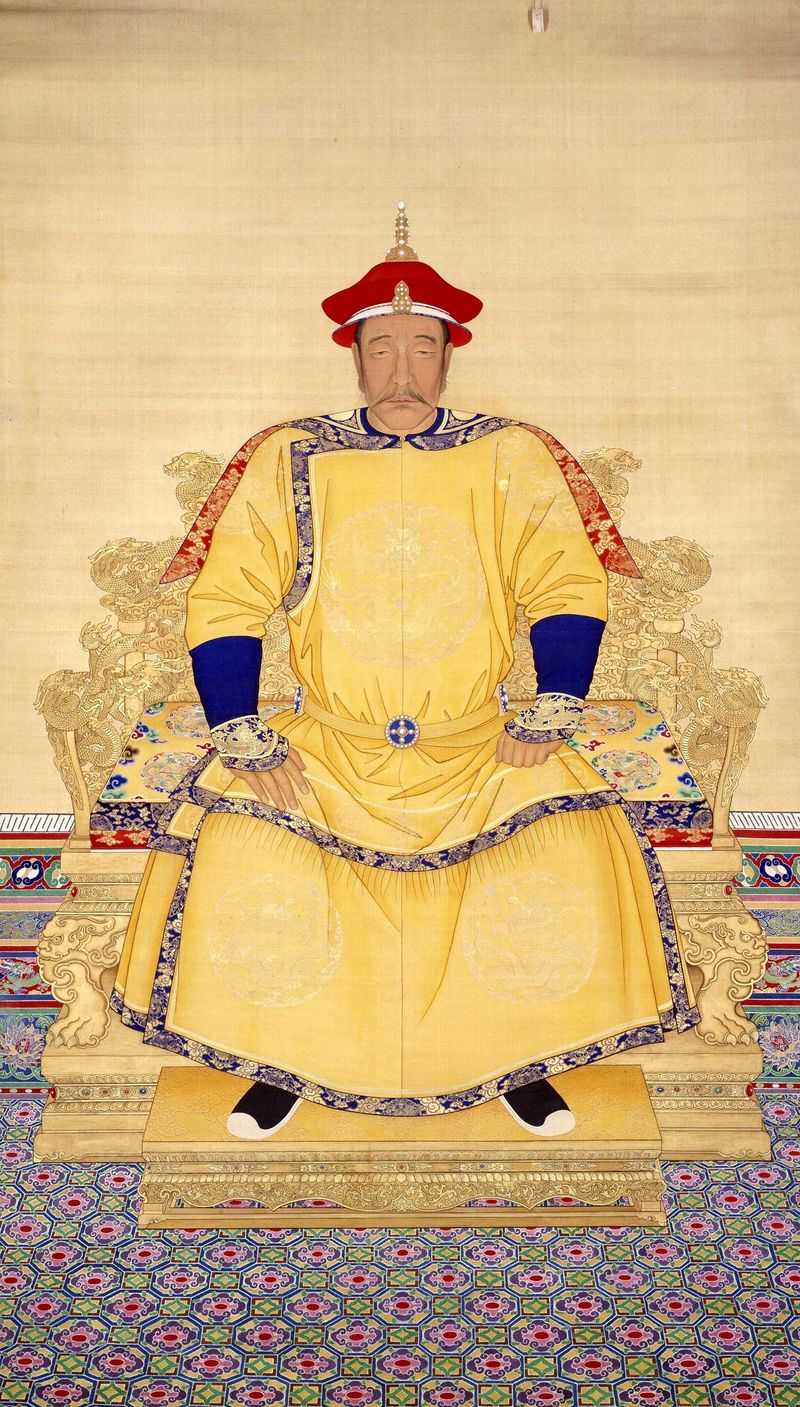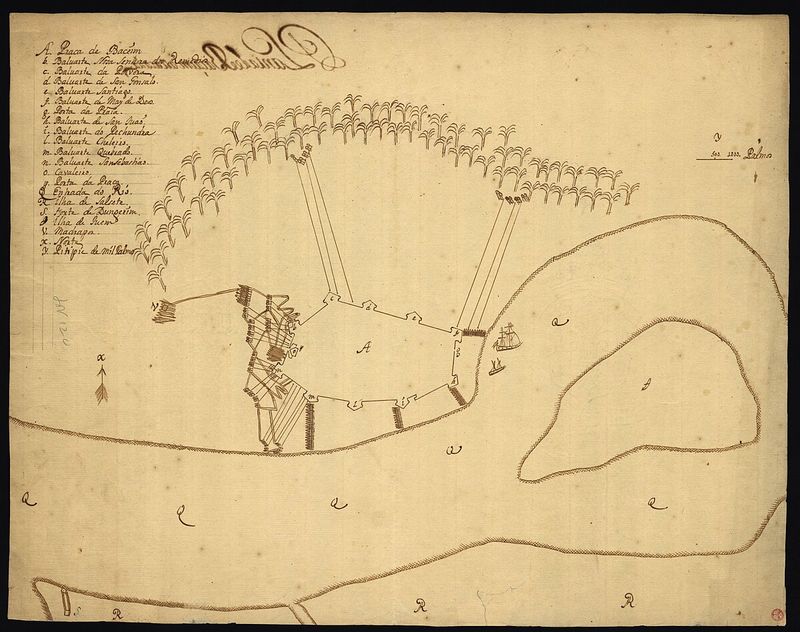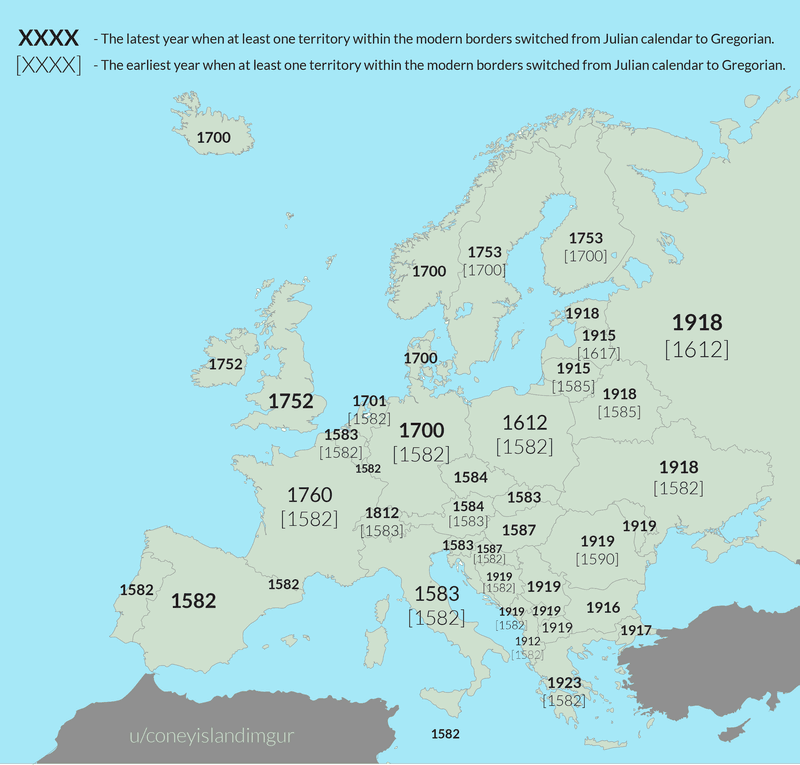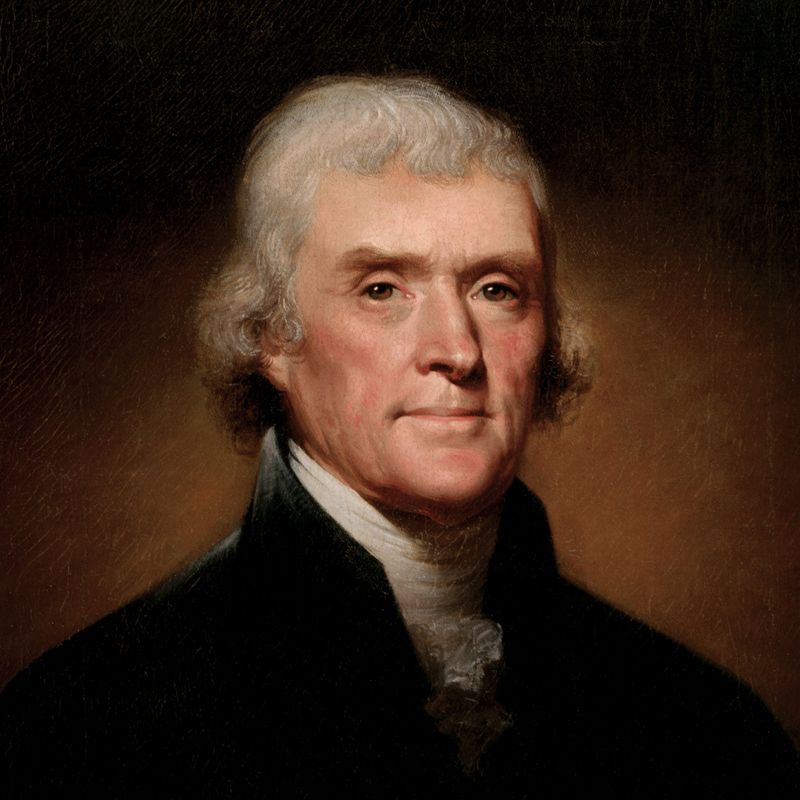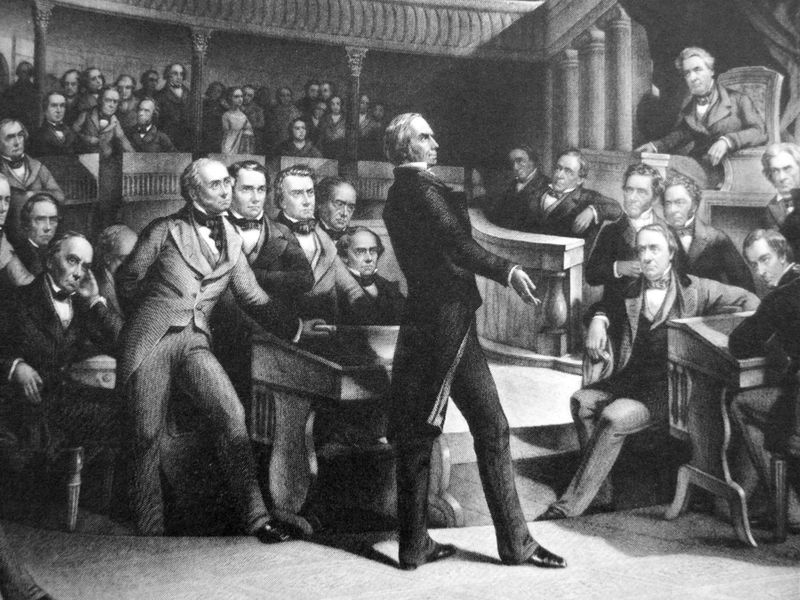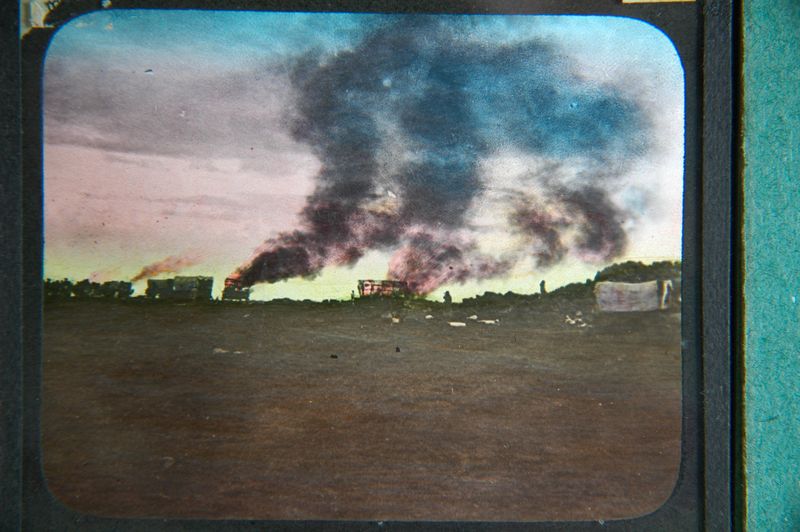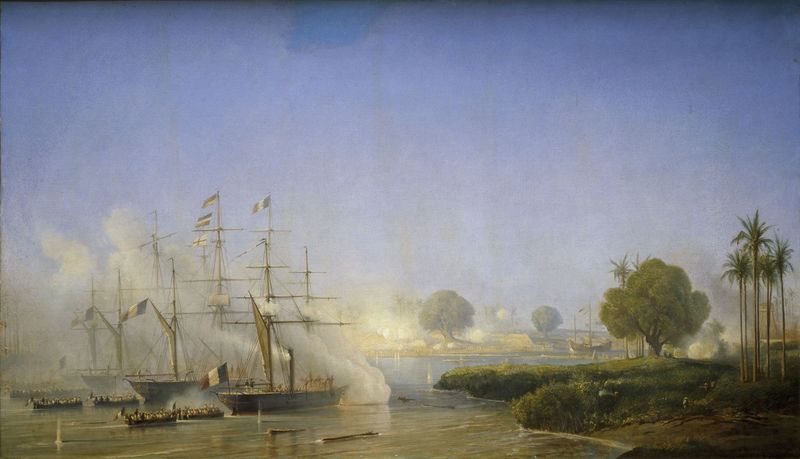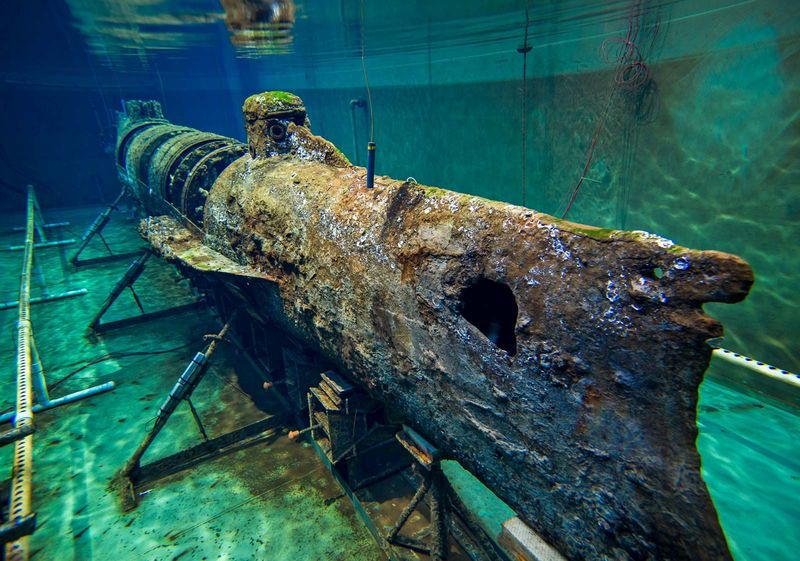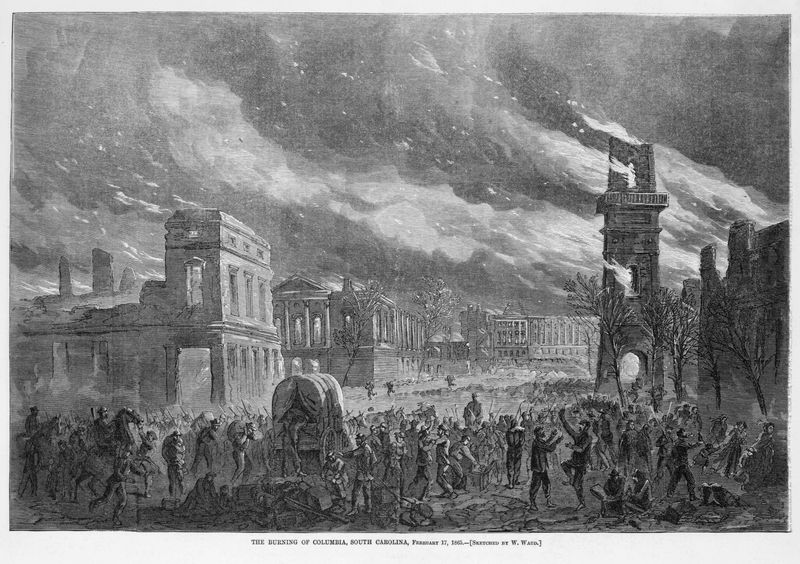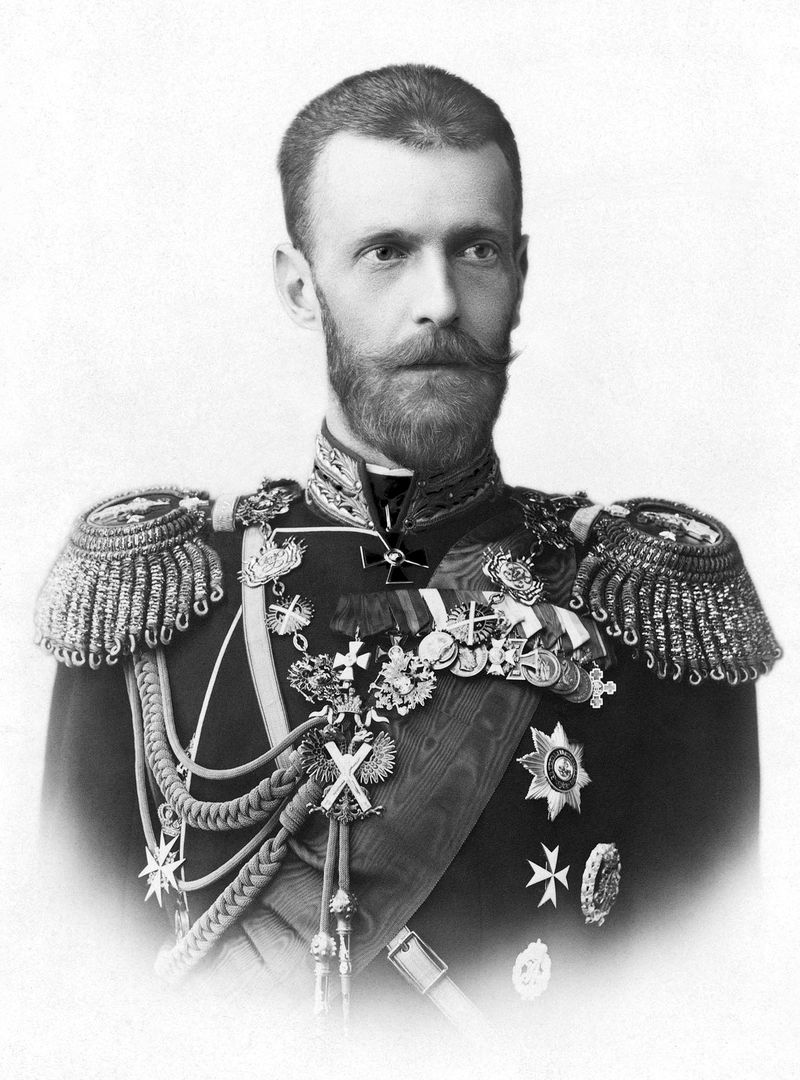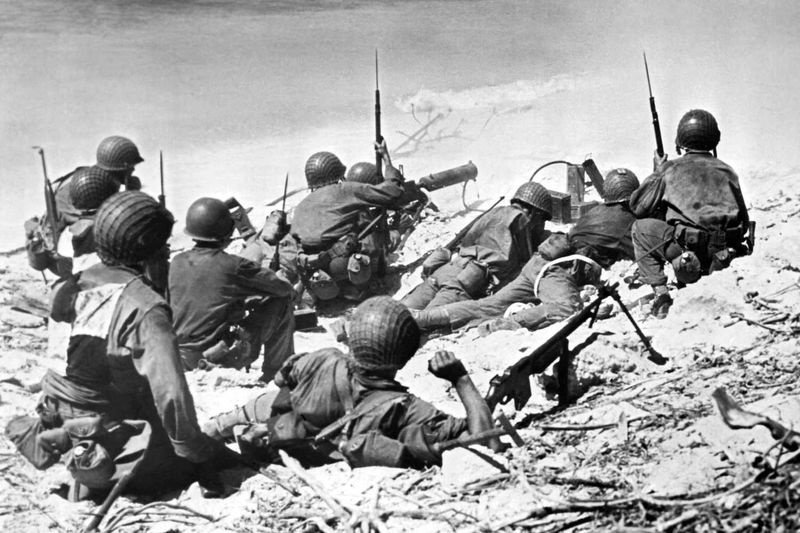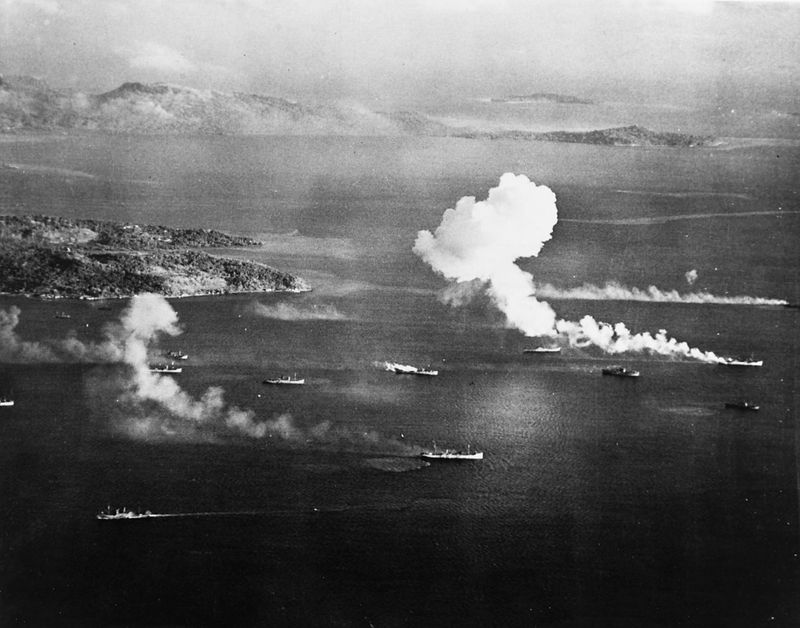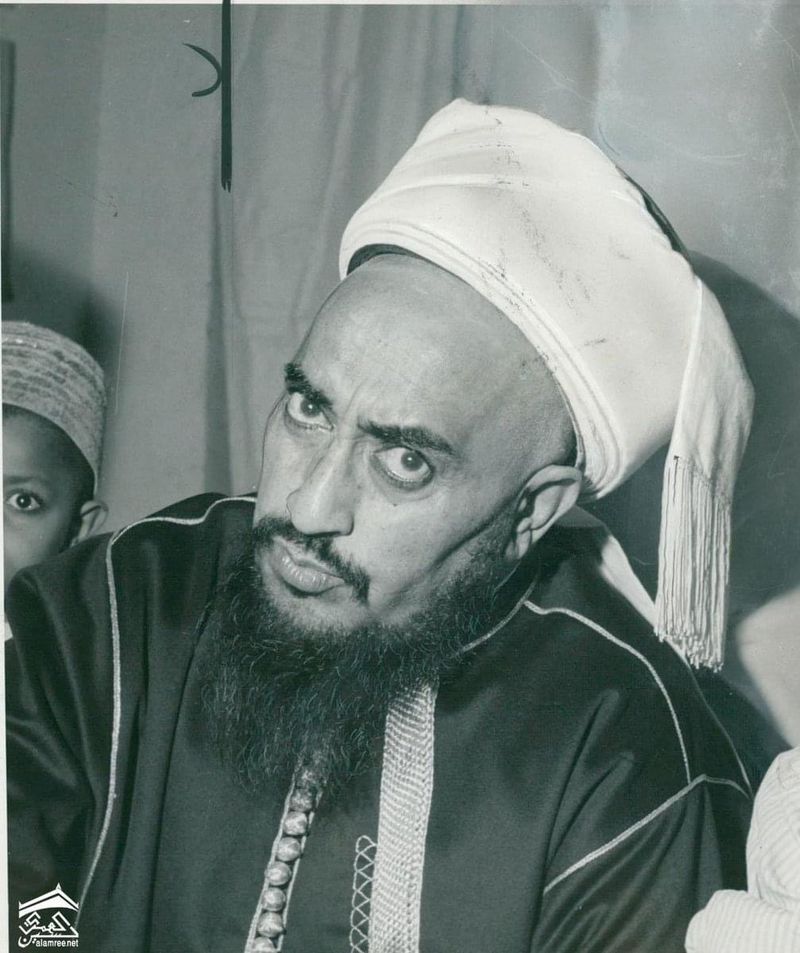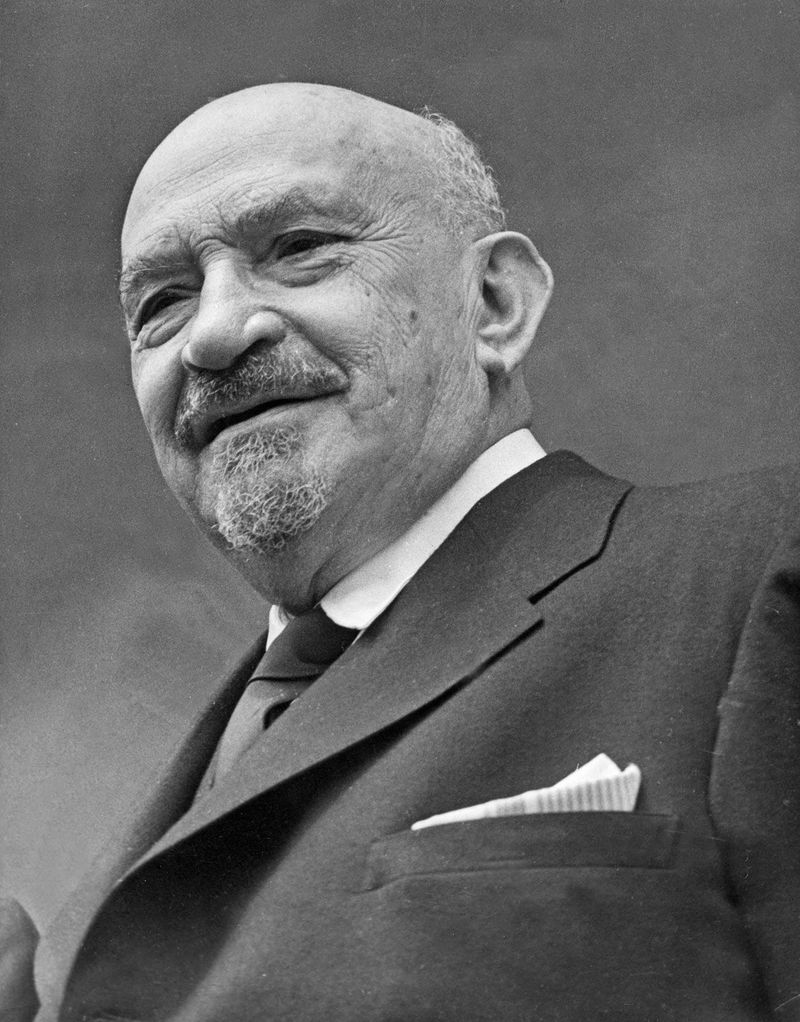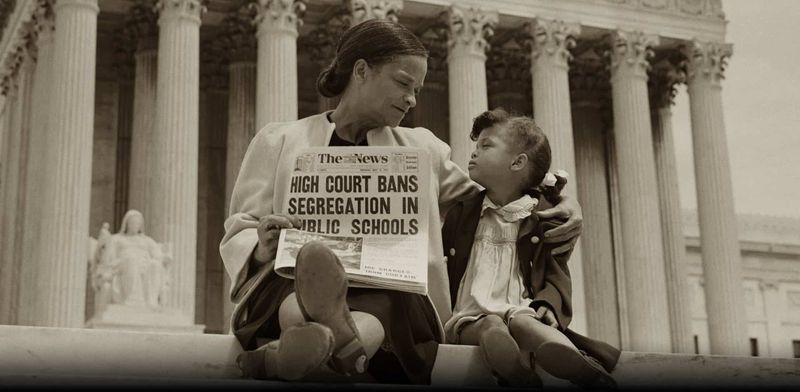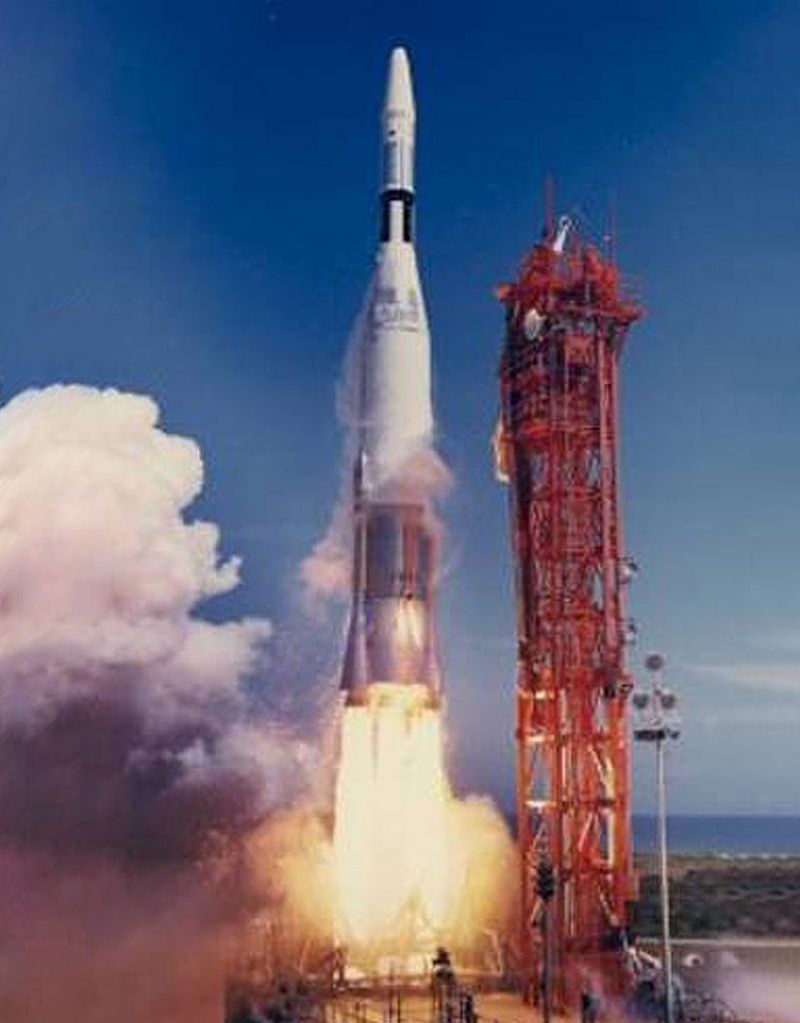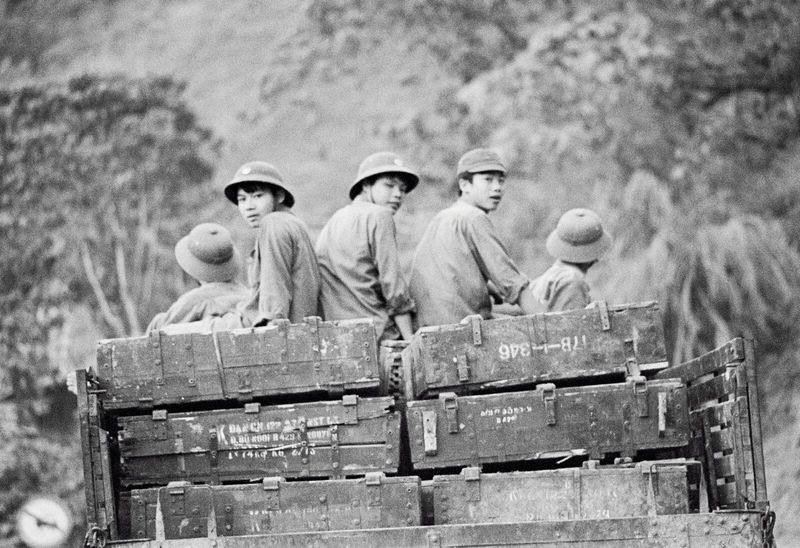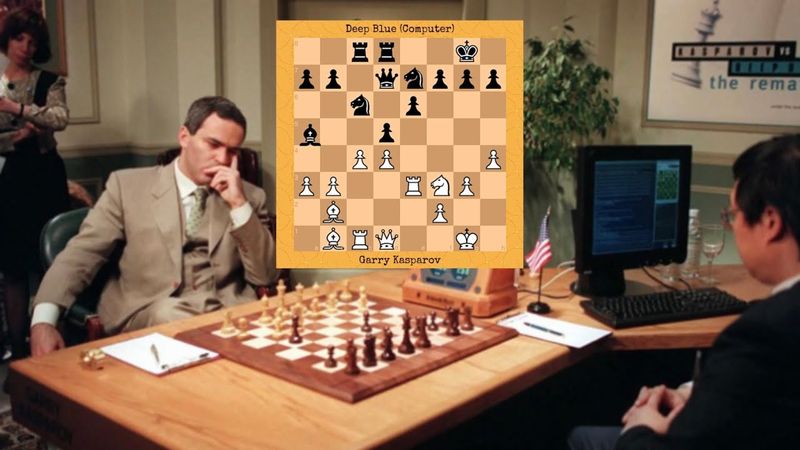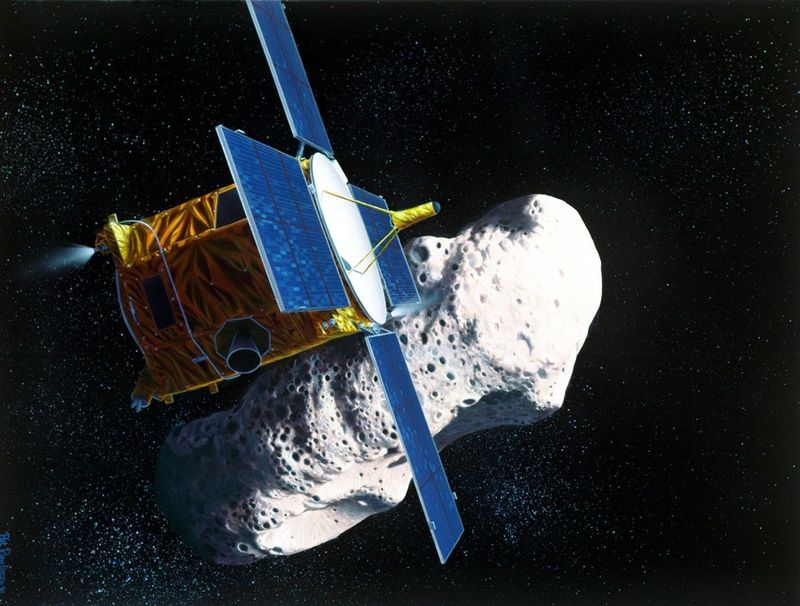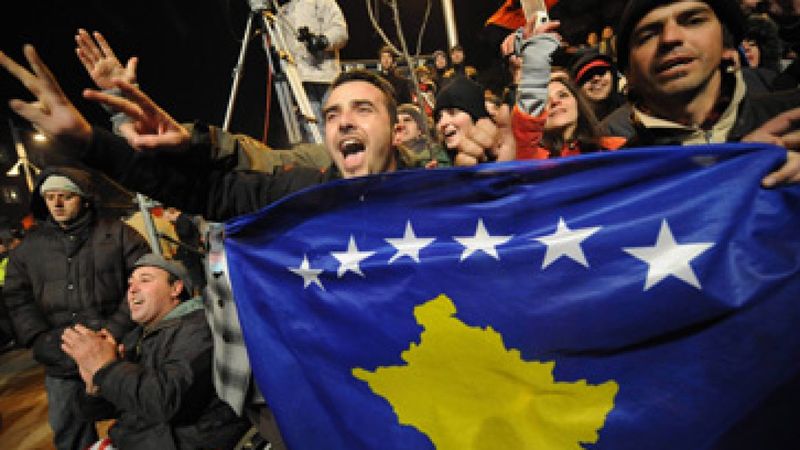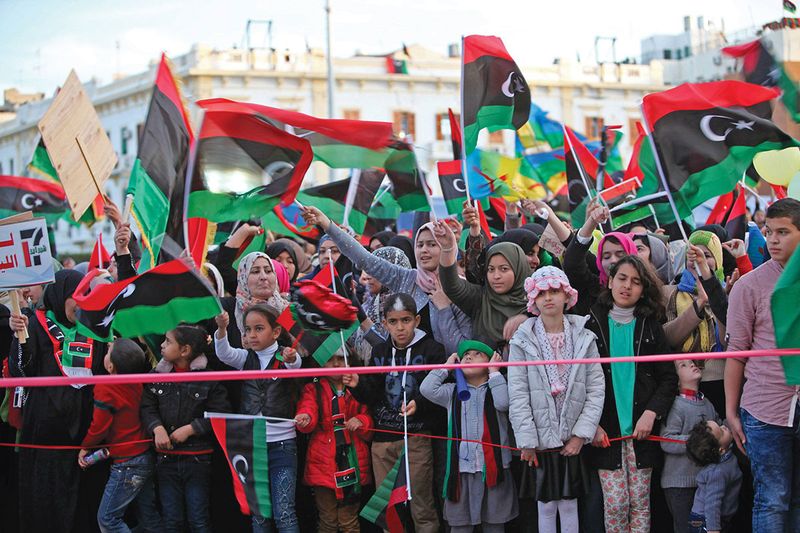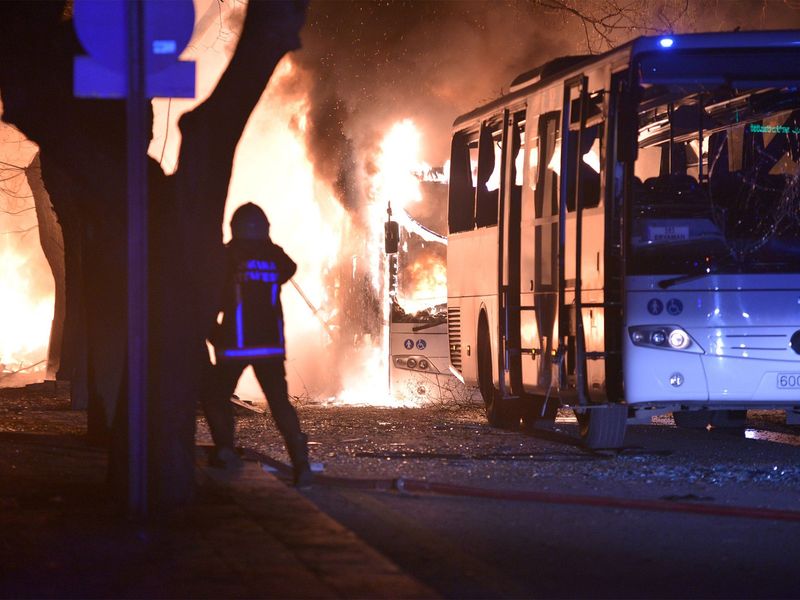February 17th has witnessed numerous pivotal moments that have shaped world history.
From groundbreaking discoveries to significant political changes, this day has been marked by events that continue to echo through time.
We explore 30 such historic turning points that occurred on this day, highlighting the diverse and impactful nature of these occurrences.
1. 1600 – Giordano Bruno is executed for heresy in Rome.
On February 17, 1600, Giordano Bruno, a renowned philosopher and cosmologist, met a tragic end. Accused of heresy by the Roman Catholic Church, he was burned at the stake in Rome.
His revolutionary ideas about the infinite universe and the multiplicity of worlds challenged the established doctrines of the time.
Bruno’s execution underscored the fierce conflict between science and religion. His death marked a significant turning point in the fight for intellectual freedom and the advancement of scientific thought.
Today, Bruno is celebrated as a martyr for free thought and a pioneer of modern cosmology.
2. 1616 – Nurhaci proclaims himself Khan of the Later Jin.
In 1616, Nurhaci, a chieftain of the Jurchen tribes, declared himself the Khan of the Later Jin, laying the foundation for the Qing Dynasty. This proclamation was a decisive step in unifying the Manchu people and consolidating power.
Nurhaci’s leadership and military strategies were instrumental in challenging the Ming Dynasty’s dominance in China. His establishment of the Eight Banners system became a crucial administrative and military framework for the Qing.
Nurhaci’s vision and actions significantly influenced Chinese history, leading to the eventual rise of the Qing Dynasty, which ruled China for centuries.
3. 1674 – Earthquake and megatsunami in Ambon, Indonesia, kill over 2,300 people.
The catastrophic earthquake and megatsunami that struck Ambon, Indonesia, on February 17, 1674, had devastating consequences. Over 2,300 people lost their lives as massive waves engulfed coastal settlements.
This natural disaster highlighted the vulnerability of island communities to seismic activities. The event underscored the need for better understanding and preparation for such natural calamities.
The 1674 disaster remains a poignant reminder of the destructive power of earthquakes and tsunamis, influencing future generations to enhance disaster response and resilience efforts in similar regions.
4. 1739 – Battle of Vasai: Marathas invade Portuguese-held territory.
The Battle of Vasai on February 17, 1739, was a defining moment in Indian history. The Marathas, under the leadership of Chimaji Appa, launched a successful invasion against the Portuguese-held territory of Vasai.
This victory marked a significant shift in power dynamics on the western coast of India. The Marathas’ triumph demonstrated their military prowess and strategic acumen in challenging colonial powers.
The battle’s outcome paved the way for the Marathas’ increased influence in the region, contributing to the eventual decline of Portuguese dominance in India.
5. 1753 – Sweden switches from Julian to Gregorian calendar.
On February 17, 1753, Sweden officially transitioned from the Julian to the Gregorian calendar, aligning with much of Europe. This change was necessary to correct the 11-day discrepancy caused by the Julian system.
The switch represented a significant move towards uniformity in timekeeping and facilitated better international relations and trade.
The calendar reform had lasting impacts on Swedish society and culture, as it aligned Sweden with the widely-used Gregorian calendar, promoting synchronization with neighboring countries.
6. 1801 – Thomas Jefferson elected U.S. President after Electoral College tie.
The election of Thomas Jefferson as the third President of the United States on February 17, 1801, followed a dramatic tie in the Electoral College. The decision fell to the House of Representatives, highlighting the complexities of the electoral process.
Jefferson’s presidency marked a transition towards a more democratic and agrarian-focused government. His leadership emphasized the importance of individual liberties and limited federal power.
This election underscored the need for clearer electoral procedures and contributed to the eventual passage of the 12th Amendment, refining the electoral process.
7. 1819 – U.S. House of Representatives passes the Missouri Compromise.
On February 17, 1819, the U.S. House of Representatives took a crucial step by passing the Missouri Compromise. This legislation aimed to balance the interests of free and slave states as Missouri sought statehood.
The compromise admitted Missouri as a slave state and Maine as a free state, maintaining the balance of power in Congress. It also prohibited slavery north of the 36°30′ parallel in the Louisiana Territory.
This decision played a significant role in delaying the sectional conflicts that eventually led to the American Civil War, shaping the nation’s legislative landscape.
8. 1838 – Weenen massacre: Zulus kill hundreds of Voortrekkers.
The Weenen massacre on February 17, 1838, was a tragic event in South African history. Zulu warriors launched a deadly attack on Voortrekker settlers, resulting in the deaths of hundreds.
This massacre highlighted the intense conflicts between indigenous populations and European settlers during the Great Trek. The violence underscored the complexities of colonial expansion and its impact on local communities.
The event remains a somber reminder of the turbulent relationships between different cultural groups in South Africa’s history, influencing future interactions and policies.
9. 1859 – French Navy captures Citadel of Saigon.
In 1859, the French Navy achieved a strategic victory by capturing the Citadel of Saigon on February 17. This marked the beginning of French colonial influence in Vietnam.
The capture demonstrated France’s military prowess and intentions to expand its colonial empire in Southeast Asia. Saigon’s fall paved the way for further French expansion and control over the region.
This event played a crucial role in shaping Vietnam’s colonial history, as it marked the start of significant French influence and governance in the country.
10. 1863 – International Committee for Relief to the Wounded, later Red Cross, founded.
The founding of the International Committee for Relief to the Wounded on February 17, 1863, was a landmark moment in humanitarian history. This organization eventually became the Red Cross, dedicated to alleviating human suffering during conflict.
Henri Dunant’s vision and advocacy were instrumental in establishing this committee, highlighting the need for neutral and impartial aid.
The Red Cross’s creation set the foundation for modern humanitarian efforts, emphasizing the importance of international cooperation and compassion in times of crisis.
11. 1864 – H. L. Hunley becomes first submarine to sink a warship.
On February 17, 1864, the Confederate submarine H. L. Hunley made history by becoming the first submarine to sink a warship. The Hunley attacked the USS Housatonic during the American Civil War.
This innovative feat demonstrated the potential of submarine warfare, despite the Hunley’s own subsequent sinking. The event highlighted the evolving nature of naval combat and technological advancements.
The Hunley’s accomplishment paved the way for future developments in submarine technology, revolutionizing naval warfare in the years to come.
12. 1865 – Columbia, South Carolina, burned as Confederate forces flee.
The burning of Columbia, South Carolina, on February 17, 1865, was a significant event during the American Civil War. As Confederate forces evacuated, fires ravaged the city, leaving widespread destruction.
The Union army’s capture of Columbia marked a turning point in the war, contributing to the eventual collapse of the Confederacy. The event underscored the devastating impact of war on civilian populations and infrastructure.
Columbia’s burning remains a poignant reminder of the war’s destructive nature and the resilience required to rebuild communities in its aftermath.
13. 1905 – Grand Duke Sergei Alexandrovich of Russia assassinated.
The assassination of Grand Duke Sergei Alexandrovich on February 17, 1905, was a pivotal moment in Russian history. As a prominent member of the Romanov family, his death marked the height of revolutionary unrest in Russia.
The attack signaled growing opposition to the autocratic rule of the Tsar and intensified calls for reform. It highlighted the volatile political climate and the increasing influence of revolutionary movements.
Sergei’s assassination contributed to the eventual downfall of the Romanov dynasty and the transformative changes in Russia’s political landscape.
14. 1913 – Armory Show opens in New York City.
The Armory Show, which opened on February 17, 1913, in New York City, was a groundbreaking art exhibition that introduced American audiences to European avant-garde art.
Featuring works by artists like Picasso and Duchamp, the show challenged traditional art norms and sparked widespread debate. It marked a significant cultural shift, influencing American art and artists profoundly.
The Armory Show’s impact extended beyond the art world, reflecting broader societal changes and the embrace of modernity in the early 20th century.
15. 1944 – WWII: Battle of Eniwetok begins.
The Battle of Eniwetok, which commenced on February 17, 1944, was a crucial operation during World War II. The United States aimed to capture the Pacific atoll from Japanese control, as part of the island-hopping strategy.
The battle involved fierce fighting and demonstrated the strategic importance of Eniwetok in the broader Pacific campaign. The U.S. victory facilitated further advances towards Japan.
The operation highlighted the challenges of amphibious warfare and the determination of Allied forces to achieve victory in the Pacific theater.
16. 1944 – WWII: U.S. launches Operation Hailstone against Truk Lagoon.
Operation Hailstone, launched on February 17, 1944, was a massive U.S. aerial and naval assault on the Japanese-held Truk Lagoon. This operation aimed to neutralize a key Japanese base in the Pacific.
The attack resulted in significant Japanese losses, including ships, aircraft, and infrastructure, crippling their ability to project power. It showcased the effectiveness of coordinated air and sea operations.
Operation Hailstone played a pivotal role in diminishing Japanese naval capabilities, contributing to Allied successes in the Pacific campaign.
17. 1948 – Alwaziri coup in Yemen; Imam Yahya assassinated.
The Alwaziri coup on February 17, 1948, marked a turbulent period in Yemen’s history. The assassination of Imam Yahya led to a power struggle and political upheaval.
The coup reflected internal dissent and the desire for modernization and reform in Yemen. Despite its failure, the event highlighted the complexities of Yemeni politics and the challenges of governance.
The aftermath of the coup influenced future political developments, shaping Yemen’s path towards greater modernization and change.
18. 1949 – Chaim Weizmann becomes Israel’s first President.
On February 17, 1949, Chaim Weizmann was elected as the first President of Israel, marking a significant milestone in the country’s formation. Weizmann’s leadership and diplomatic efforts were crucial in establishing the new state.
His presidency symbolized the realization of Zionist aspirations and the international recognition of Israel as a sovereign nation.
Weizmann’s role as a unifying figure helped navigate the challenges of statehood, laying the foundation for Israel’s future development and international relations.
19. 1959 – First weather satellite Vanguard 2 launched.
The launch of Vanguard 2 on February 17, 1959, marked a pioneering moment in space exploration. As the first weather satellite, it aimed to improve weather observation and forecasting.
Despite its limited success, Vanguard 2 paved the way for future satellites that would revolutionize meteorology. The mission highlighted the potential of space technology in enhancing our understanding of Earth’s atmosphere.
Vanguard 2’s legacy continues, as satellite technology plays an indispensable role in modern weather prediction and climate research.
20. 1964 – U.S. Supreme Court rules congressional districts must be equal in population.
The U.S. Supreme Court’s ruling on February 17, 1964, mandated that congressional districts must have equal populations. This landmark decision aimed to ensure fair representation in the House of Representatives.
The ruling reinforced the principle of “one person, one vote,” emphasizing the need for equitable political representation. It addressed disparities in district sizes that previously skewed political power.
The decision had a profound impact on American democracy, prompting redistricting efforts and influencing subsequent electoral reforms.
21. 1965 – Ranger 8 probe launched to photograph the Moon’s Sea of Tranquility.
On February 17, 1965, the Ranger 8 probe was launched with the mission to photograph the Moon’s Sea of Tranquility. This mission was part of NASA’s efforts to gather detailed lunar images in preparation for future manned missions.
Ranger 8 successfully transmitted thousands of images before impacting the lunar surface. Its findings provided valuable data that contributed to the planning of the Apollo missions.
The mission highlighted the importance of robotic exploration in advancing human understanding of the Moon and space exploration.
22. 1970 – U.S. Army Captain Jeffrey MacDonald charged with murdering his family.
The case of U.S. Army Captain Jeffrey MacDonald, charged on February 17, 1970, with the murder of his family, captured widespread attention. The brutal crime and subsequent trial became a media sensation.
MacDonald maintained his innocence, but conflicting evidence and testimony led to his conviction. The case highlighted the complexities of criminal investigations and the role of forensic evidence.
The ongoing legal saga and appeals underscore the challenges of achieving justice in high-profile cases, reflecting broader societal issues.
23. 1979 – Sino-Vietnamese War begins.
The Sino-Vietnamese War, which began on February 17, 1979, was a brief but intense conflict between China and Vietnam. The war was sparked by territorial disputes and political tensions.
Despite the short duration, the conflict caused significant casualties and highlighted the volatile regional dynamics. The war reflected broader geopolitical struggles and the complexities of post-Vietnam War relations.
The aftermath influenced future diplomatic relations between China and Vietnam, impacting regional politics and security.
24. 1980 – First winter ascent of Mount Everest.
On February 17, 1980, climbers Krzysztof Wielicki and Leszek Cichy achieved the first winter ascent of Mount Everest. This historic feat demonstrated human resilience and determination in the face of harsh conditions.
The ascent challenged the limits of mountaineering, as the climbers faced extreme cold and unpredictable weather. Their success marked a new chapter in high-altitude climbing.
The achievement inspired future generations of climbers, highlighting the spirit of exploration and the pursuit of seemingly impossible goals.
25. 1996 – Kasparov defeats IBM’s Deep Blue in chess.
The chess match on February 17, 1996, between Garry Kasparov and IBM’s Deep Blue was a landmark event in the history of artificial intelligence and chess. Kasparov, the reigning world champion, faced an advanced computer opponent.
Kasparov’s victory showcased human strategic thinking and adaptability, despite the increasing capabilities of AI. The match highlighted the evolving relationship between humans and technology.
The event set the stage for future developments in AI and its applications, influencing fields beyond chess.
26. 1996 – NASA’s NEAR Shoemaker launches to orbit asteroid 433 Eros.
On February 17, 1996, NASA’s NEAR Shoemaker spacecraft was launched with the mission to study the near-Earth asteroid 433 Eros. This mission aimed to gather detailed data about the asteroid’s composition and characteristics.
NEAR Shoemaker successfully entered orbit around Eros, providing valuable insights into asteroid geology and the early solar system.
The mission exemplified the importance of asteroid exploration in understanding cosmic history and potential future threats to Earth.
27. 2008 – Kosovo declares independence from Serbia.
Kosovo’s declaration of independence from Serbia on February 17, 2008, was a significant event in the Balkans. This move followed years of conflict and negotiation, as Kosovo sought international recognition as a sovereign state.
The declaration was met with mixed reactions globally, reflecting deep-seated political and ethnic tensions in the region.
Kosovo’s independence highlighted the challenges of state-building and reconciliation, influencing international diplomatic efforts and regional stability.
28. 2011 – Libyan protests against Gaddafi begin.
On February 17, 2011, protests erupted in Libya against the regime of Muammar Gaddafi, marking the beginning of a significant uprising. The demonstrations were part of the larger Arab Spring movement sweeping the region.
Protesters demanded political reform, greater freedoms, and an end to Gaddafi’s long-standing rule. The unrest escalated into a civil war, leading to Gaddafi’s eventual downfall.
The Libyan revolution highlighted the power of popular movements in challenging authoritarian regimes and reshaping political landscapes.
29. 2015 – Stampede at Haitian Mardi Gras parade kills 18, injures 78.
The tragic stampede at the Haitian Mardi Gras parade on February 17, 2015, resulted in the loss of 18 lives and injured 78 others. The incident occurred when a power line fell onto a parade float, causing panic.
This disaster underscored the importance of safety measures and crowd management during large public events.
The aftermath emphasized the need for improved infrastructure and emergency response capabilities to prevent similar tragedies in the future.
30. 2016 – Military vehicle explosions in Ankara, Turkey, kill 29, injure 61.
The deadly explosions in Ankara, Turkey, on February 17, 2016, resulted in 29 deaths and 61 injuries. Military vehicles were targeted in a coordinated attack, highlighting security challenges.
The incident underscored the ongoing threats posed by terrorism and the need for robust security measures.
The attacks had a significant impact on Turkey’s national security policies, illustrating the broader complexities of regional stability and counter-terrorism efforts.
